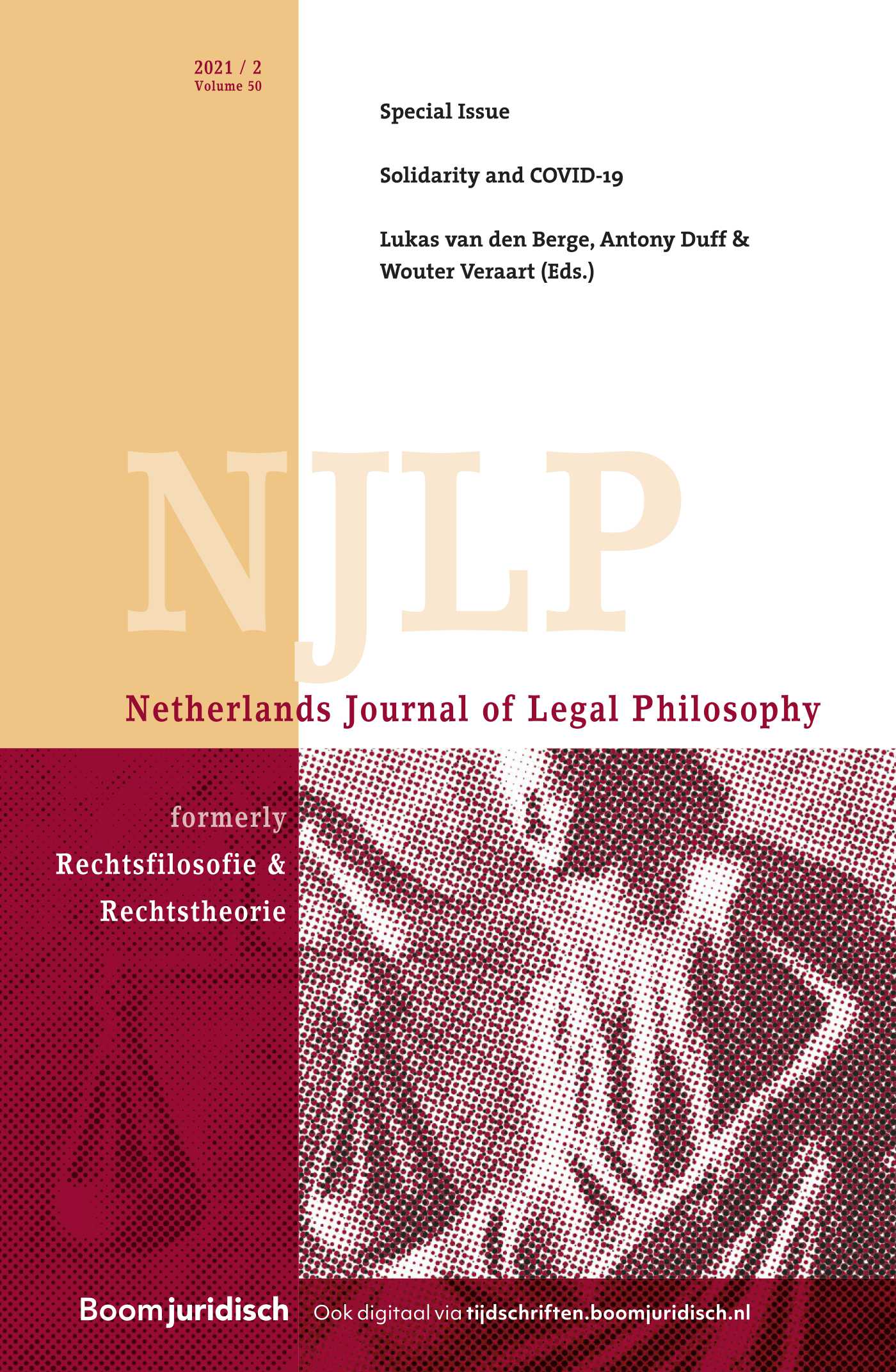|
In this article, I cast doubt on the claim that disgust is the appropriate normative foundation of punishment with regard to hate crimes. Although traditional authors (Lord Devlin) have appealed to the emotion of disgust to justify punishment, recent approaches claim that disgust may not be considered as an illiberal strategy to justify punishment. I analyse one of the leading voices on this subject (Dan Kahan) and show why this view is flawed. Particularly, I demonstrate that even though disgust is a central emotion in how we come to understand some events, the disgust of the officials can never be used as a justification for punishment. |


Netherlands Journal of Legal Philosophy
About this journalSubscribe to the email alerts for this journal here to receive notifications when a new issue is at your disposal.
| Article |
|
| Keywords | Hate Crimes, Emotions, Disgust, Responsibility |
| Authors | María Laura Manrique |
| AbstractAuthor's information |
| Article |
|
| Keywords | J.J. Rousseau, algemene wil, overheidsdwang, constitutionele theorie, constitutionele fictie |
| Authors | Maurice Adams |
| AbstractAuthor's information |
|
Jean-Jacqcues Rousseau is vaak weggezet als wegbereider van autocratisch of zelfs totalitair denken. Als bewijs daartoe wordt dan onder meer een frase uit zijn ‘Het maatschappelijk verdrag’ aangehaald. Daarin lezen we ‘dat alwie zal weigeren te gehoorzamen aan de algemene wil, er door het hele lichaam toe gedwongen zal worden’ (Boek I, 7). Maar wat is de betekenis van die frase? De auteur beargumenteert dat Rousseau niet vanzelfsprekend als een autoritaire ideoloog kan worden weggezet, en ook niet als iemand die overheidsdwang vanzelfsprekend acht voor het nastreven van zijn doelstellingen. Veeleer moet hij worden begrepen als auteur van ‘constitutionele fictie’, een benadering die de auteur hier begrijpt als een denkstrategie om de fundamenten van onze democratie bloot te leggen en die ons ook in staat stelt de actuele verschijningsvorm ervan te beoordelen. |

 Issue Pre-publications
Issue Pre-publications